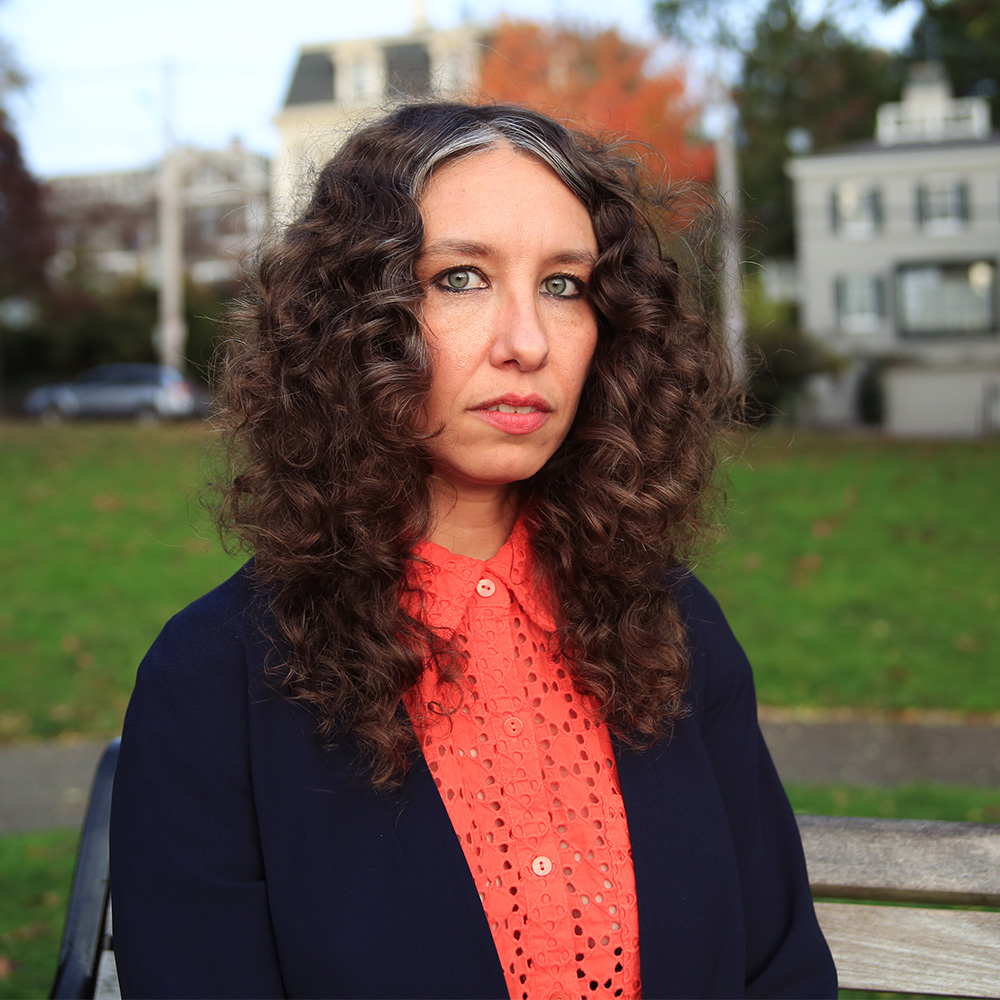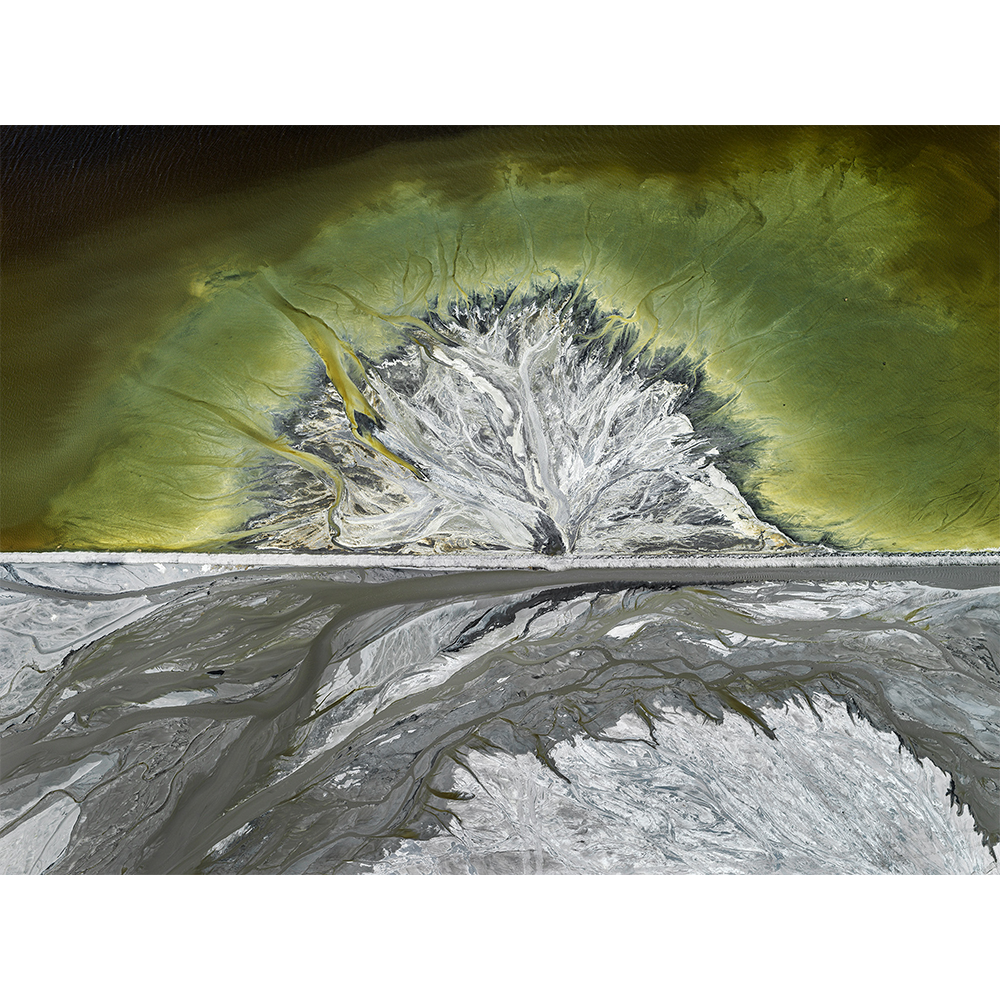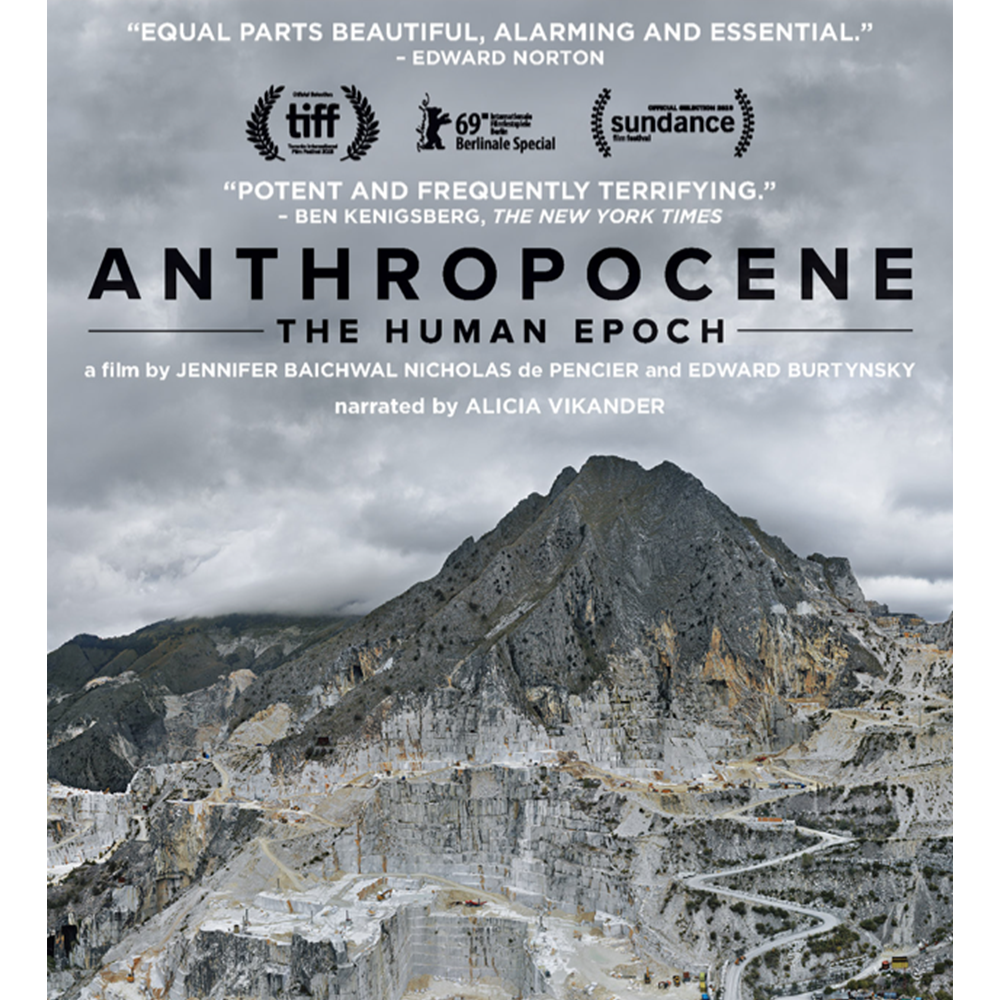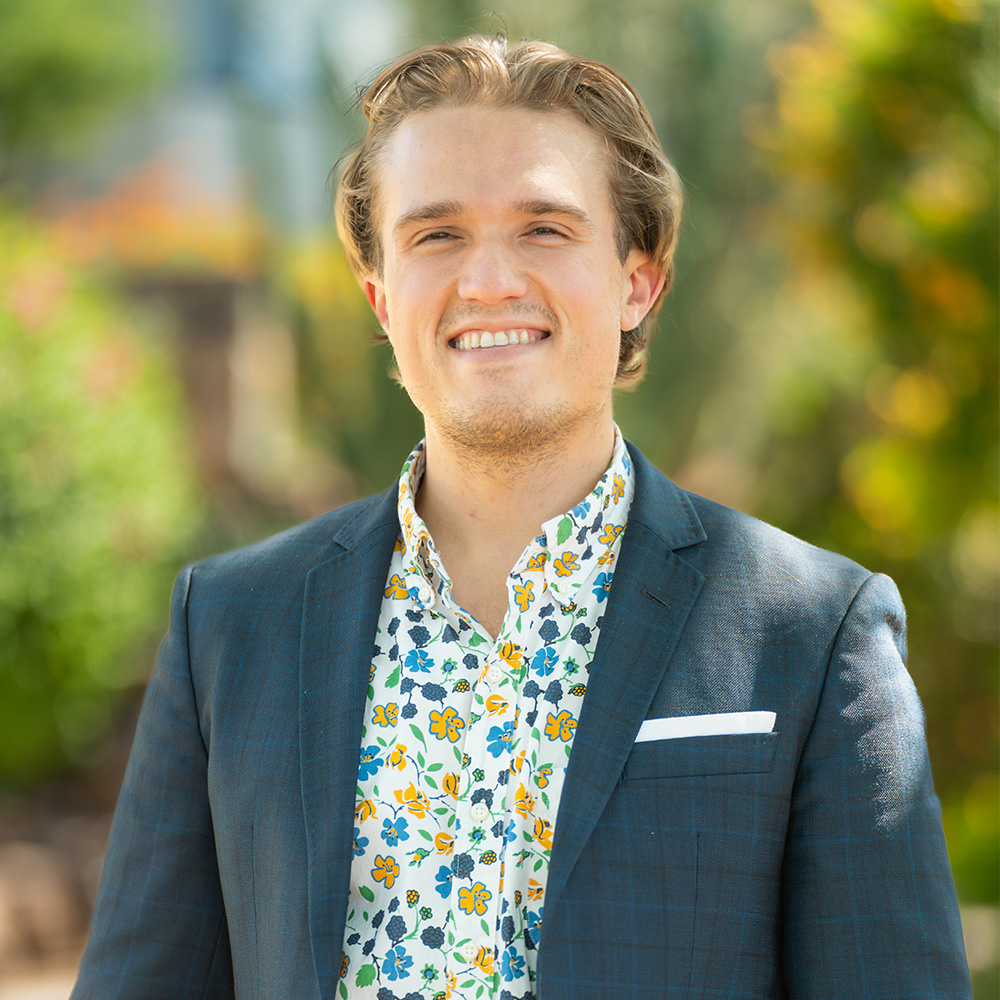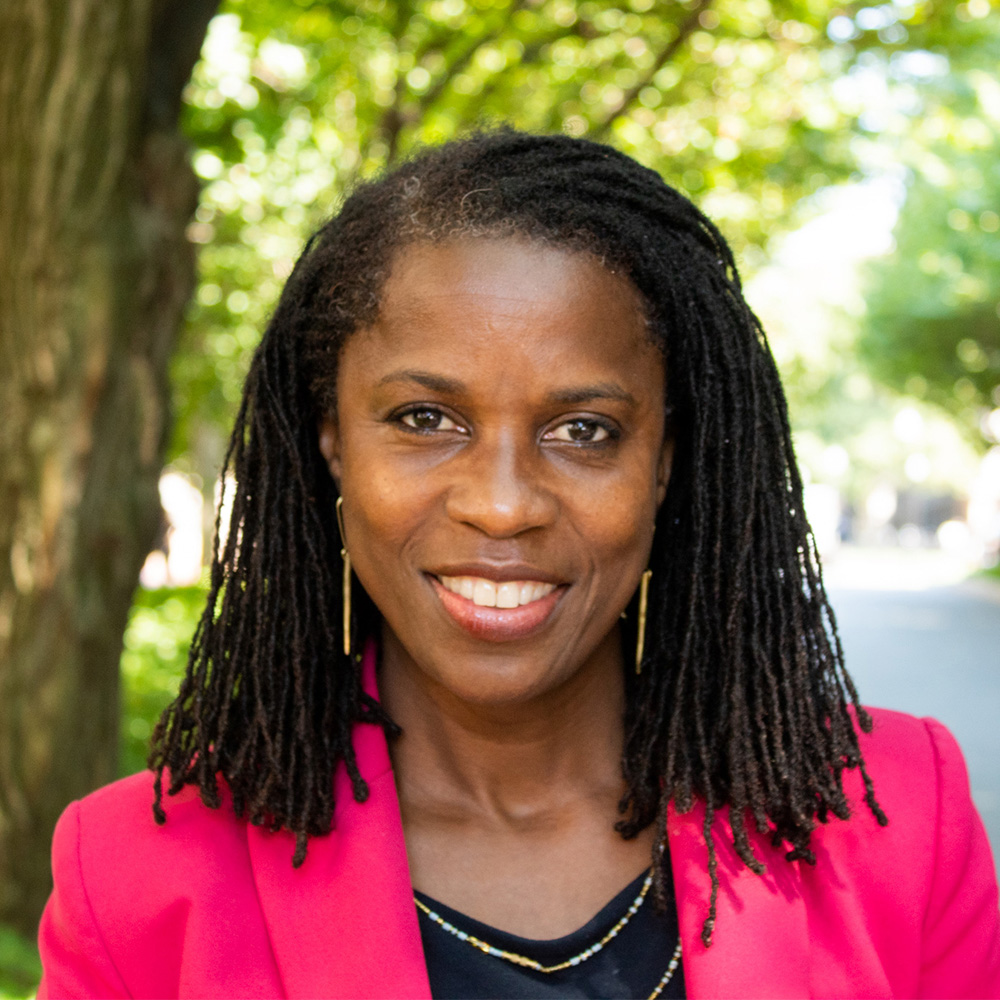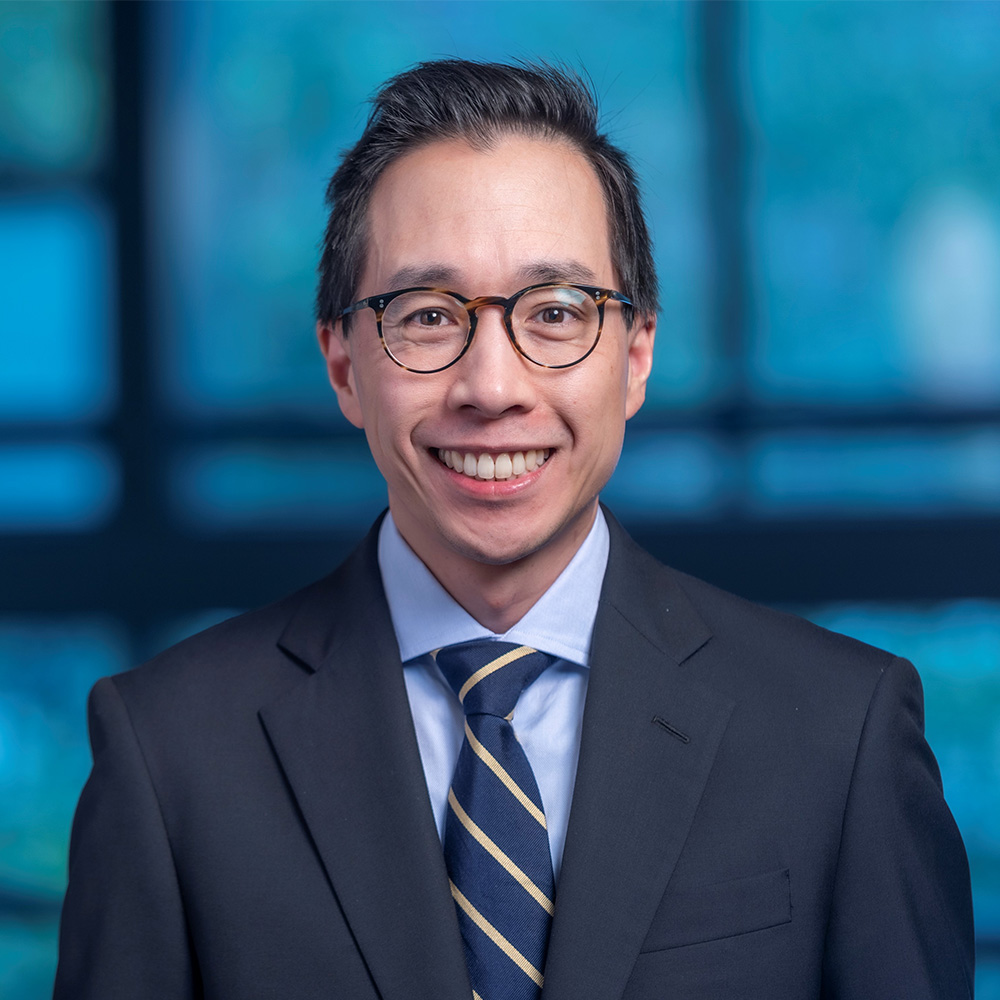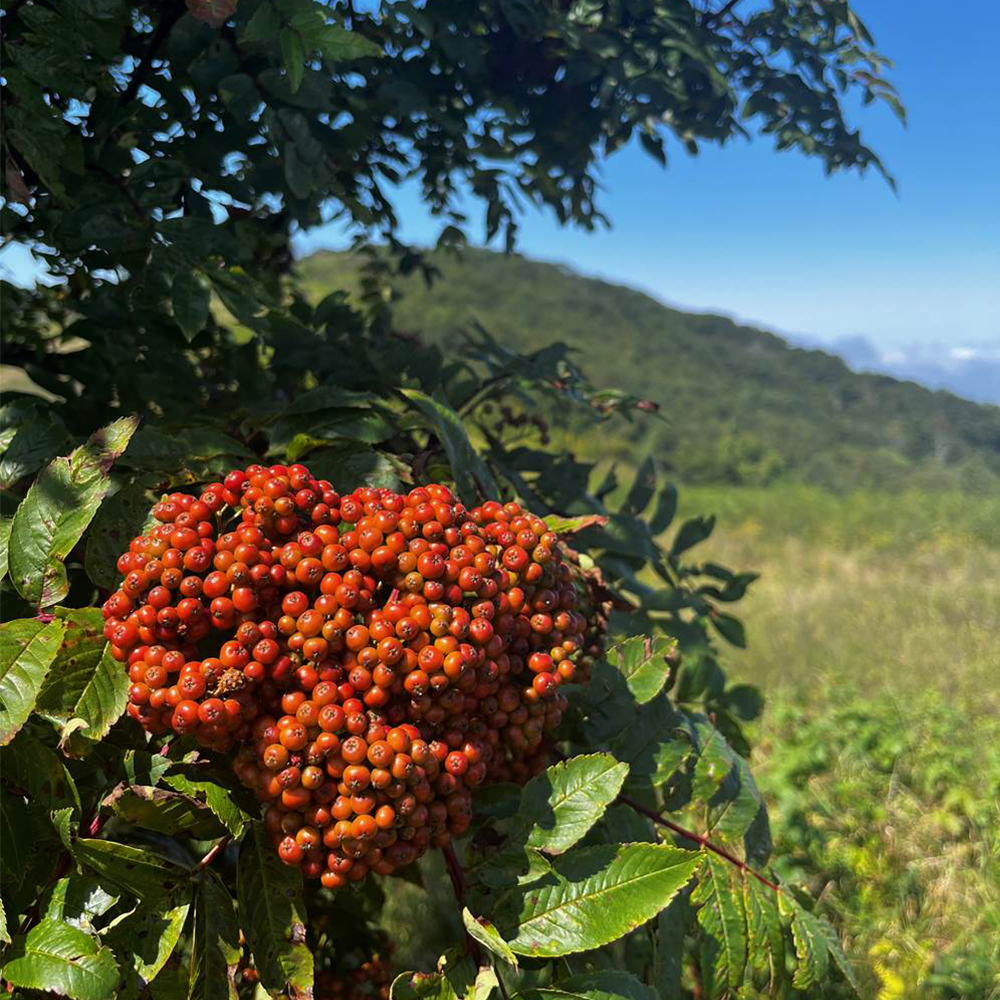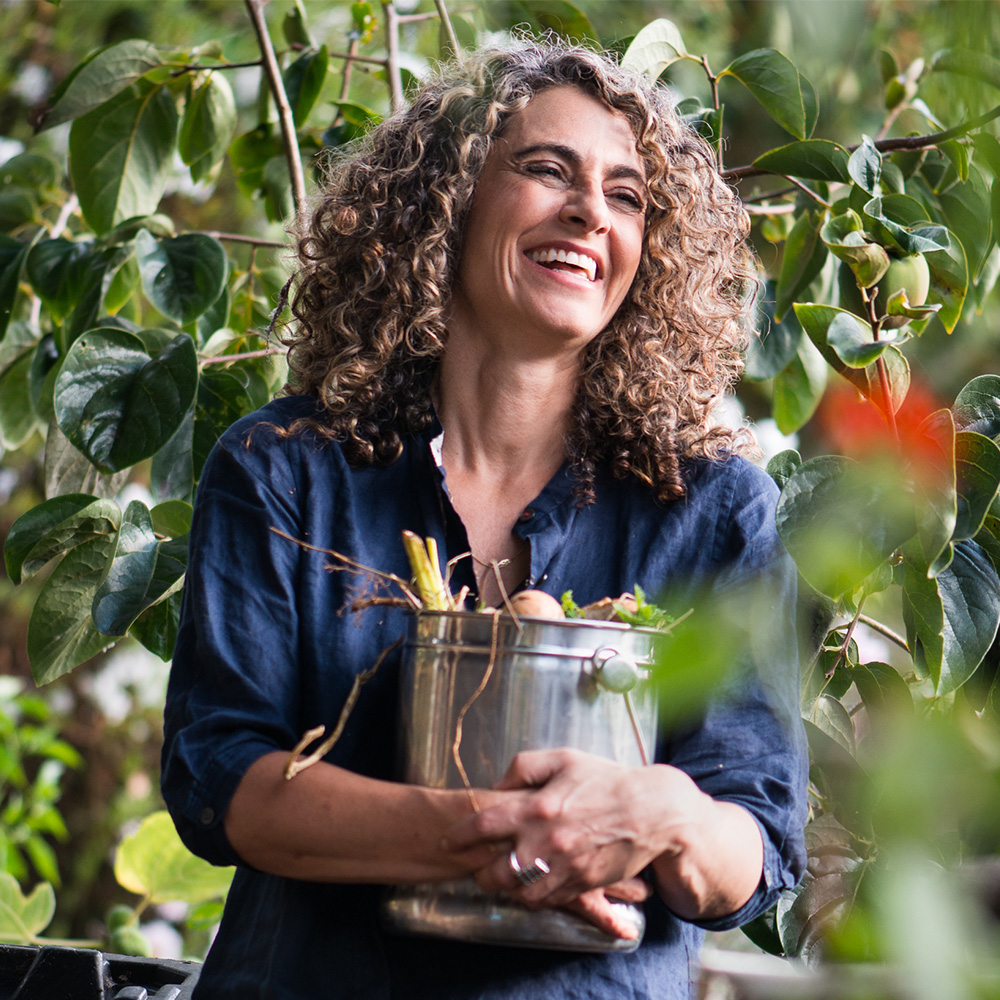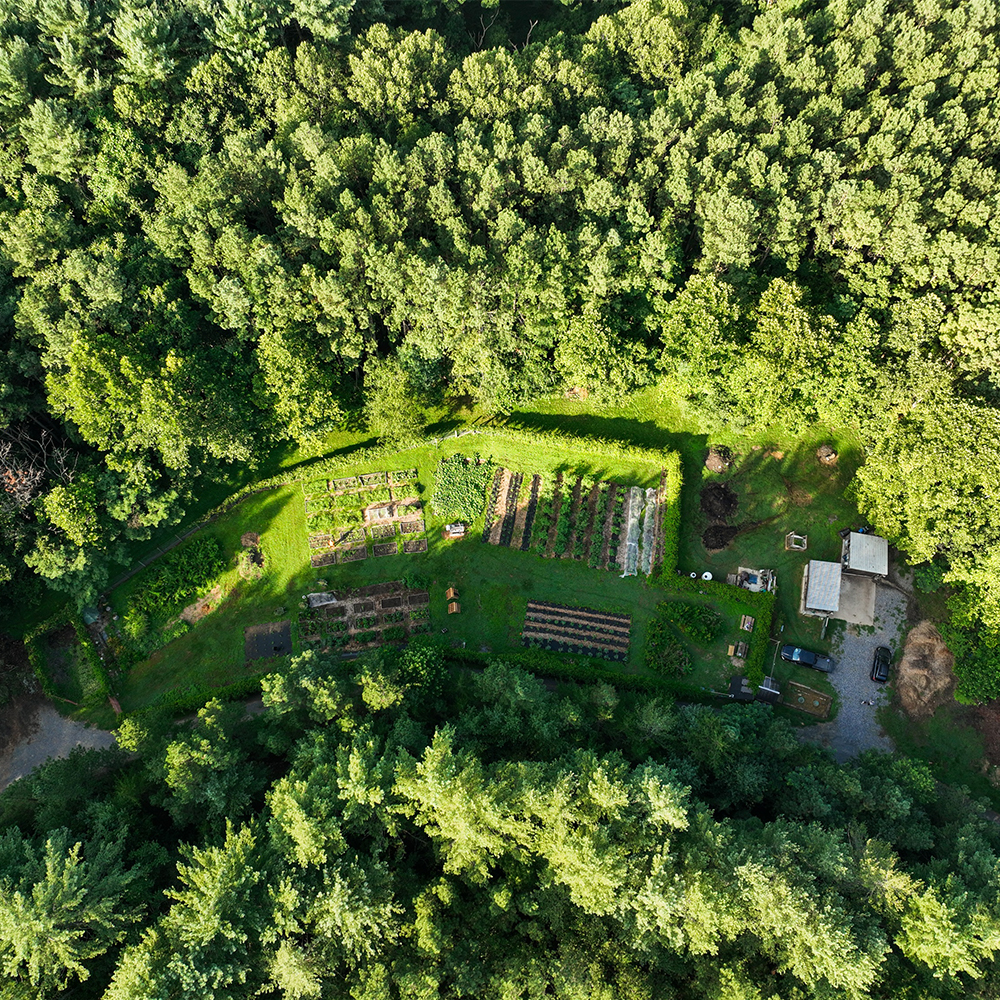
2025-2026: Taking Place: Land Use and Environmental Impact
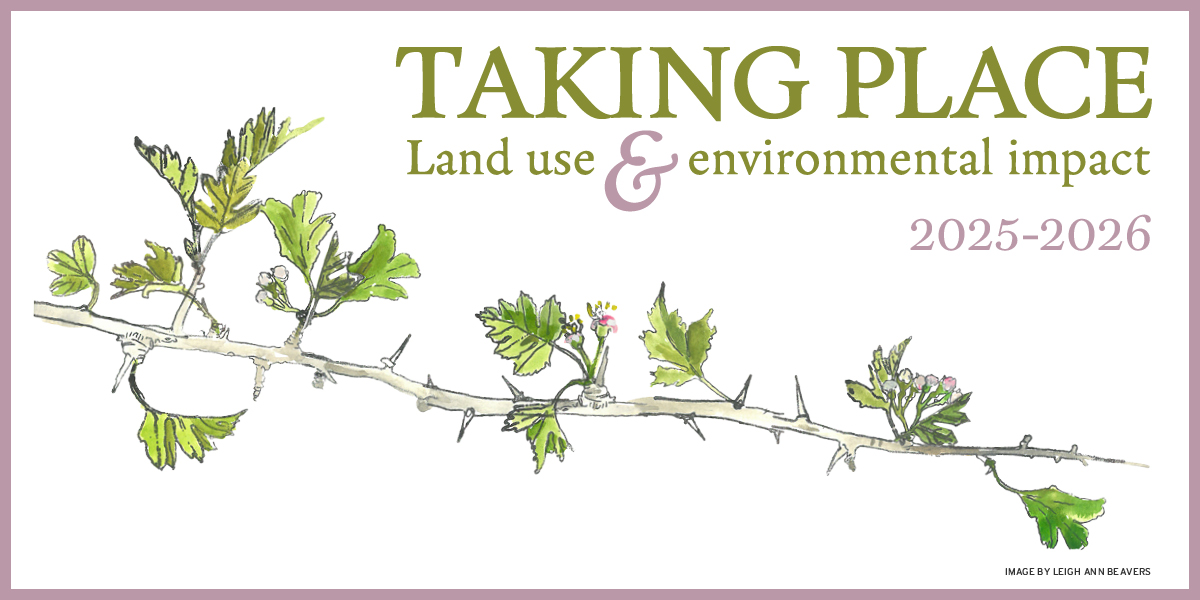
- About the Mudd Center
- People
-
Programs and Events
- 2025-2026: Taking Place: Land Use and Environmental Impact
- 2024-2025: How We Live and Die: Stories, Values, and Communities
- 2023-2024: Ethics of Design
- 2022-2023: Beneficence: Practicing an Ethics of Care
- 2021-2022: Daily Ethics: How Individual Choices and Habits Express Our Values and Shape Our World
- 2020-2021: Global Ethics in the 21st Century: Challenges and Opportunities
- 2019-2020: The Ethics of Technology
- 2018-2019: The Ethics of Identity
- 2017-2018: Equality and Difference
- 2016-2017: Markets and Morals
- 2015-2016: The Ethics of Citizenship
- 2014-2015: Race and Justice in America
- Leadership Lab
- Mudd Undergraduate Journal of Ethics
- Highlights
- Mudd Center Fellows Program
- Get Involved
The Mudd Center’s 2025-26 multi-disciplinary program will investigate the complex interplay between land use and the environment, with a particular focus on issues related to green technologies, biodiversity, and health. Through a lecture series, symposium, photographic exhibition, documentary viewing and community engagements, the Mudd Center will analyze various meanings of “taking place” and the ethics of how we use and manage the natural environment and land resources.
Central to our investigation are guiding questions that explore environmental ethics and their applications, such as: Can seemingly competing interests and values, such as economic gain and environmental justice, be reconciled? What responsibilities and ethical challenges emerge when humans intervene to restore ecosystems? And, perhaps most importantly, how might we bring conversations about environmental conservation and land use into a non-partisan arena even when there may be deep ideological divisions?
“Taking Place: Land Use and Environmental Impact” will investigate these and other questions by providing sustained opportunities to engage with visiting experts and members of our own community. We will consider the mining of lithium, an element critical for decarbonization technologies, as well as the designation of land for fossil fuel refineries. We will also explore other shades of meaning that convey community-led interventions “taking place” to promote biodiversity, such as rewilding practices and soil rejuvenation efforts.
This year’s theme is strongly informed by student interest and faculty research/teaching, as well as by the University Strategic Plan, which identifies environmental stewardship as one of its central priorities. To help us facilitate these discussions, The Roger Mudd Center for Ethics has collaborated with on-campus groups and departments such as Art Museums and Galleries at Washington and Lee University, Environmental Studies, Campus Kitchen, Native American and Indigenous Cohort, and the Office of Sustainability and Energy Education as well as local organizations such as Boxerwood Educational Association and Rockbridge Area Conservation.
We are deeply grateful to several faculty members who contributed their ideas, time, and energy to bringing this year’s program to life: Leigh Ann Beavers, Paul Cabe, Madhumita Chakraborty, Leah Green, Romina Green, Bill Hamilton, Rebecca Harris, Megan Hess, Margaret Hinkle, Robert Humston, Ryan McCoy, Brian Murchison, Catarina Passidomo, and Catherine Smith.
Speakers and Events
Thea Riofrancos
Associate Professor of Political Science, Providence College, Strategic Co-Director of the Climate and Community Institute, Fellow at the Transnational Institute
Public Lecture Title: The Ethics of Extraction: How “Green” is the Energy Transition?”
Thursday, September 11, 2025, 5:10 pm, Stackhouse Theater
Watch the recording.
Riofrancos’ lecture “The Ethics of Extraction: How ‘Green’ is the Energy Transition?” will examine “green” technologies dependent on lithium extraction in Chile. Lithium plays a central role in mitigating climate change, but as Riofrancos will demonstrate, these practices of resource extraction come with deep environmental, human, and political consequences. Her talk will draw from her forthcoming book, Extraction: The Frontiers of Green Capitalism (W.W. Norton, 2025).
Edward Burtynsky: Taking Place
Opening Reception: Thursday, September 11, 2025, 6:30 pm, Reeves Museum of Ceramics
World-renowned photographer, Edward Burtynsky, captures the magnitude of lands deeply marked and affected by human industry. The exhibition will be up September 2025-April 2026 in the Gottwald Gallery of the Reeves Museum of Ceramics.
This exhibition is a collaboration between the Roger Mudd Center for Ethics and the W&L Art Museum and Galleries.
Photo credit: Coal Tailings #1, SASOL Synfuels, Secunda, Mpumalanga, South Africa, 2018 (detail) © Edward Burtynsky. Courtesy of Sundaram Tagore Gallery.
Anthropocene: The Human Epoch
Tuesday, September 30, 2025, 7:00 pm, Stackhouse Theater
Viewing of the documentary Anthropocene: The Human Epoch, a “cinematic meditation on humanity’s massive reengineering of the planet.”
Benjamin Backer
Founder and CEO, Nature is Nonpartisan
Public Lecture Title: Common Ground, Common Future: Bipartisan Environmentalism
Tuesday, October 28, 2025, 5:10 pm, Stackhouse Theater
Backer will explore a timely ethical question: Is it possible to protect the environment in an age of deep political division in America? Drawing on his travels across the country, he’ll share what he’s learned about how culture wars and partisan extremes have taken over the climate conversation—and what it will take to reclaim environmental stewardship as a shared responsibility. Through his new initiative, Nature Is Nonpartisan, and insights from his book The Conservative Environmentalist, Backer will show why bridging divides isn’t just good politics—it’s the right thing to do for our communities and future generations.
Olatunde Johnson
Ruth Bader Ginsburg ’59 Professor of Law, Columbia University
Public Lecture Title: Environmental Sacrifice Zones and the Limits of Civil Rights Enforcement
Event Canceled
Johnson’s talk will examine how the constitutional and statutory notions of equal protection have failed to attend to geographic spaces in which environmental harms are concentrated, known as environmental sacrifice zones.
Benjamin Lee
Professor of Electrical and Systems Engineering, Computer and Information Science, University of Pennsylvania
Public Lecture Title: Toward Sustainable Data Centers for Artificial Intelligence
Thursday, January 22, 2026, 5:10 pm, Stackhouse Theater
Watch the recording.
As the impact of artificial intelligence (AI) continues to proliferate, we must assess and mitigate its energy demands and environmental impact. This talk will survey strategies for mitigating the energy used by AI computation and datacenter infrastructure, drawing on data and experiences from industrial, hyperscale systems. First, we analyze the energy and carbon implications of super-linear AI growth. Second, we re-think datacenter infrastructure and define a solution space for sustainable computation with renewable energy, utility-scale batteries, and job scheduling. Finally, we develop strategies for datacenter demand response, incentivizing computation to modulate power usage in ways that reflect their performance goals. In summary, the talk provides a broad perspective on sustainable computing and outlines the many remaining directions for future work.
Rewilding Place: Ethical Considerations of Theory and Practice
Thursday, February 12, 2026, 11:00 am-3:30 pm, Hillel 101
A day-long symposium featuring researchers, philosophers, and artists who engage, challenge, and nuance the notion of rewilding, and its associated conservation practices of land preservation, restoration, and rematriation. These perspectives ask us to consider ethical issues related to how we develop and maintain ecological diversity and who has the agency and authority to do so.
Daphne Miller
Clinical Professor, University of California San Francisco, Author
Public Lecture Title: Ethical Considerations in Farmacology: The Tangled Web That Connects Soil and Human Health
Thursday, March 19, 2026, 5:10 pm, Stackhouse Theater
This lecture will be livestreamed and recorded.
Photo credit: Kristin Little
Mudd Center Collaborations
Big Picture, small parts: Art & Practice of Environmental Impact
Monday, November 10, 11:30 am – 1:00 pm, Reeves Museum of Ceramics
In collaboration with the W&L Art Museum and Galleries and Office of Sustainability
Patrick Fleming ’04: Farming as a Liberal Art
Wednesday, November 12, 5:00 pm, Stackhouse Theater
In collaboration with the 1963 Scholars in Residence Program, Economics Department, Office of Alumni Engagement and Campus Kitchen
Michael Mann: Science Under Siege
Wednesday, March 4, 5:30 pm, Stackhouse Theater
In collaboration with the Earth and Environmental Geoscience Department, Biology Department, Center for International Education, Environmental Studies Program, Physics and Engineering Department, Student Environment Action League, and Office of Sustainability
- About the Mudd Center
- People
-
Programs and Events
- 2025-2026: Taking Place: Land Use and Environmental Impact
- 2024-2025: How We Live and Die: Stories, Values, and Communities
- 2023-2024: Ethics of Design
- 2022-2023: Beneficence: Practicing an Ethics of Care
- 2021-2022: Daily Ethics: How Individual Choices and Habits Express Our Values and Shape Our World
- 2020-2021: Global Ethics in the 21st Century: Challenges and Opportunities
- 2019-2020: The Ethics of Technology
- 2018-2019: The Ethics of Identity
- 2017-2018: Equality and Difference
- 2016-2017: Markets and Morals
- 2015-2016: The Ethics of Citizenship
- 2014-2015: Race and Justice in America
- Leadership Lab
- Mudd Undergraduate Journal of Ethics
- Highlights
- Mudd Center Fellows Program
- Get Involved
The Mudd Center
-
Washington and Lee University
209 Mattingly House
Lexington, VA 24450
